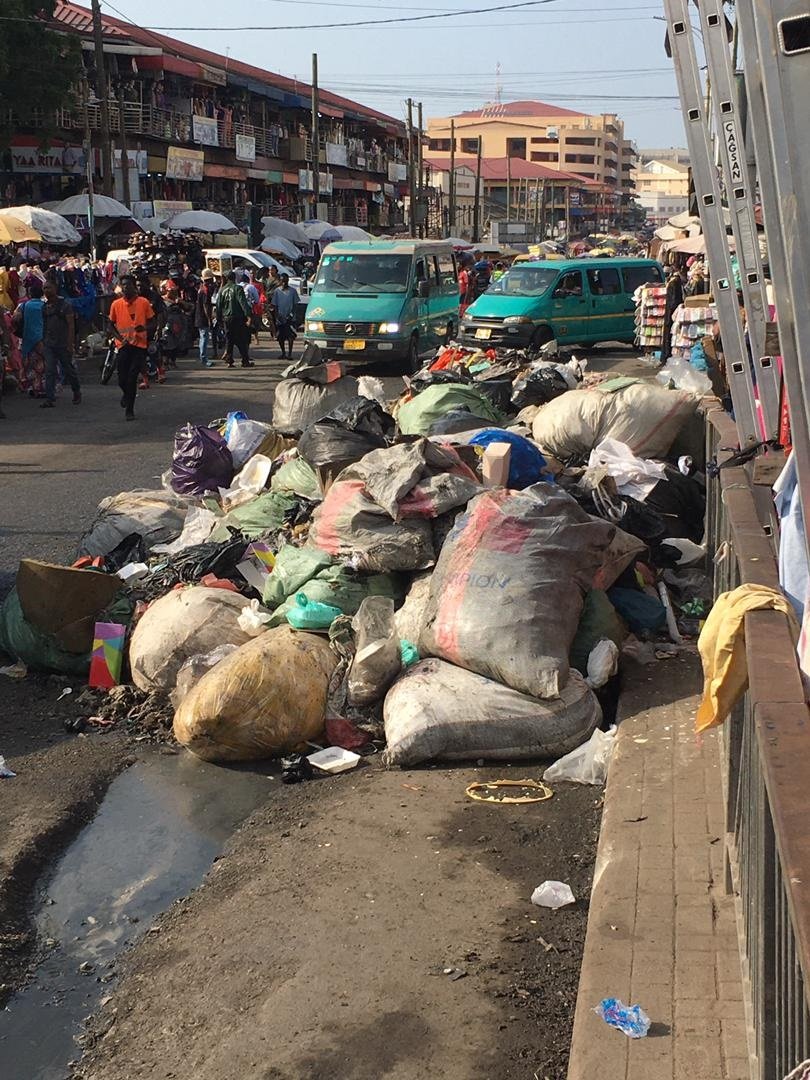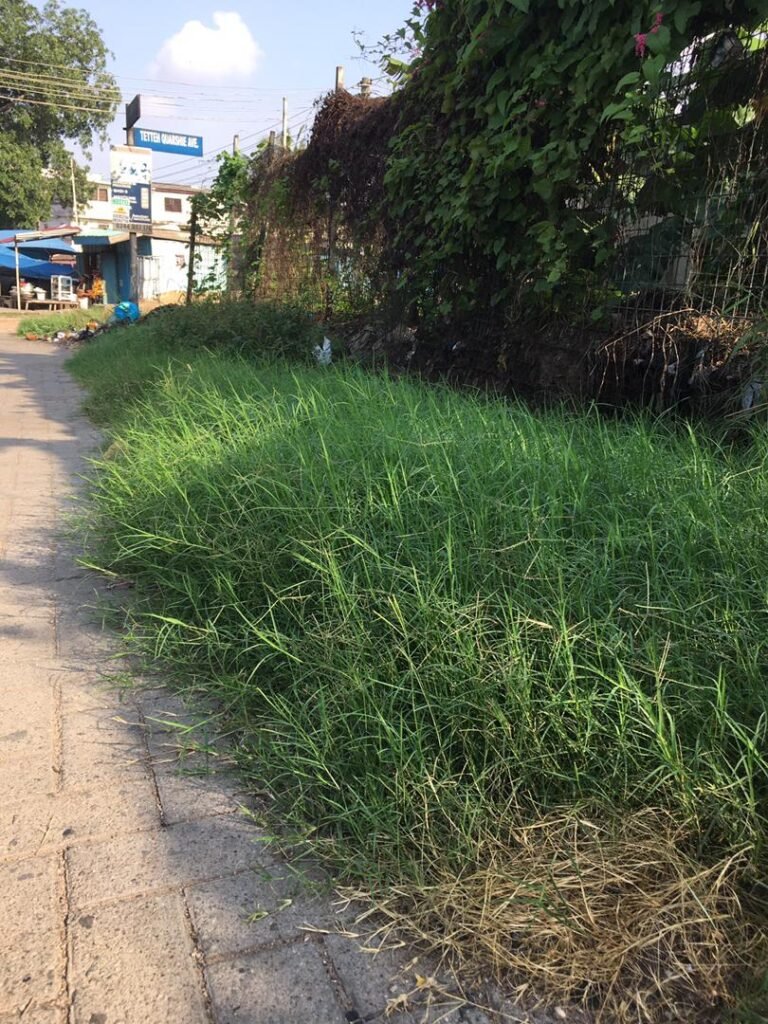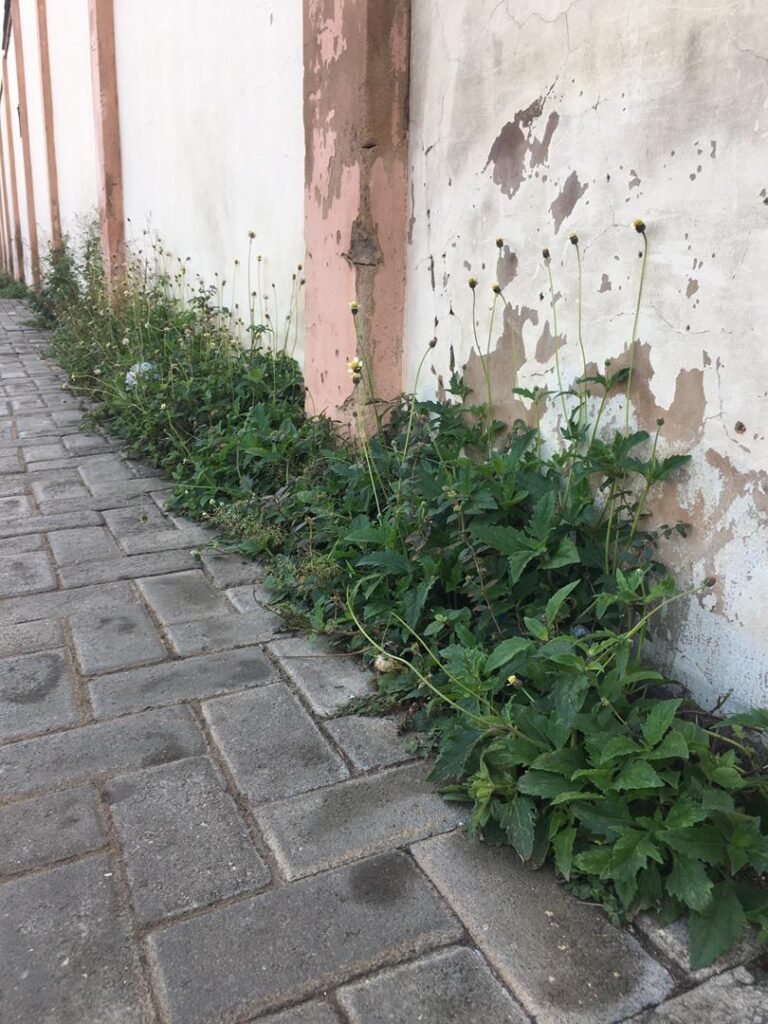Editorial
Let’s find a lasting solution to land guards’ activities
Land guards’ activities are increasingly posing a risk to private developers in urban areas and making it difficult for people to develop their land. Finding a lasting solution to this threat is necessary.
A group of people known as land guards attack and vandalise real estate developers and their projects.
Even though the majority of these private developers have legitimately acquired their land, these land guards intimidate, harass, threaten with all manner of weapons, and even beat their victims.
Due to the land guards’ avarice, some victims have even sustained cutlass wounds. While some land guards go around collecting digging fees and preventing labourers from working, others resort to using force to extort large sums of money from property owners.
People’s attempts to acquire and develop their parcels of land, especially those living in expanding urban communities, have become so frustrating, and the actions of these land guards have dashed the hopes of many.
The fact that people who legitimately acquired plots of land with the necessary documentation have had to abandon their projects out of fear of being killed by these land guards, as it has happened to some in the past, is extremely disturbing.
The initial purpose of the introduction of land guards was to safeguard the legitimate owners of lands, whether they be family, individual, or stool lands, from encroachments. However, some people have abused the situation to take advantage of helpless people and engage in multiple land sales.
Their actions are now more of an annoyance than a deterrent to encroachment. Some private developers, however, have turned to the courts to handle their cases to prevent them from losing their hard-earned investment.
The harassment of residents of the Amamole community in the Ga North District by land guards is a prime example of this. Residents were terrorised in the community and were forced to cry for protection and appeal to the Police and social intervention groups to help them.
Residents claim that these land guards forcibly took from them pieces of land they had purchased for more than 12 to 50 years with proper documentation, demolishing some buildings in the process.
The Spectator is worried that despite government measures to ward off land guards, they are still able to pursue their agenda. To avoid land disputes, individuals must search at the Lands Department before doing business on lands.
Also, those who parade themselves as land owners but in actual fact are crooks selling the same land in multiples should be reported to the appropriate authorities for the law to deal with them.
Let us make a concerted effort to ward off these land guards to enable individuals acquire parcels of land genuinely and be free to develop them so they can have a decent place to lay their heads.
We hope that the activities of land guards will sooner or later become a thing of the past.
Editorial
Urgent call to address sanitation, environmental neglect at Legon City Campus, Makola-Tudu Junction

Dear Editor
Ghana is grappling with mounting sanitation and environmental neglect and as a concerned citizen and advocate for a cleaner, safer and more presentable academic environment, I feel compelled to highlight disturbing issues I encountered during a recent visit to the enclave of Workers College, currently operating as Legon City Campus of the University of Ghana as well as Accra Central, specifically the stretch from Makola towards Tudu, just after the Ghana National Fire Service office.

At the Legon City Campus, formerly known as Workers College, widespread overgrowth of weeds along campus walls and walkways poses both safety and structural risks.
The unchecked vegetation is encroaching on pedestrian pathways and threatening the stability of surrounding walls.
Behind the campus, near the road to Adabraka and Liberia Road, garbage and overgrown weeds have turned the area into an eyesore, undermining the prestige of one of Ghana’s premier universities.
The environmental degradation reflects poorly on the institution’s leadership and jeopardizes student and community health.
I would like to urge the University of Ghana Estate Department to act immediately, clearing the weeds, reinforcing structural elements, cleaning the garbage-strewn areas, and establishing a consistent maintenance schedule.
This will ensure safety, institutional pride and civic responsibility.
In Accra Central, a similar crisis is festering. A growing heap of refuse near the Makola-Tudu Junction, just past the Ghana National Fire Service office has overwhelmed pedestrian walkways and spilled into vehicular lanes.
This not only causes human and traffic congestion but also creates a hazardous public health situation in one of the city’s busiest commercial zones.
As a tour guide and advocate for Ghana’s tourism industry, this development has damaging impact on the country’s image.
Tourists encountering filth in the capital’s core are left with a negative impression, counteracting national efforts to boost tourism.
I therefore call on the Accra Metropolitan Assembly (AMA), Osu Klottey Municipal Assembly, and sanitation agencies to enforce waste management laws, improve public hygiene infrastructure and revive the National Sanitation Day initiative to foster civic responsibility.
It is time for authorities at all levels to demonstrate leadership and restore dignity to these vital spaces. The status quo is no longer acceptable.
Frederick Nortey (Traveler, Tour Guide, Blogger, Writer)
Accra
Editorial
Renovate Efua Sutherland Children’s Park
The Efua Sutherland Children’s Park at West Ridge in the Greater Accra Region, now in ruins, needs renovations.
The once-vibrant recreational centre for children, families, students, and tourists is now in a state of neglect, according to our reporter who visited the place.
Efua Sutherland, a well-known playwright and children’s author, is honoured by the Park, an important recreational and cultural area. Her work with children made her a notable figure in Ghanaian literature and education.
The Park used to be well-known and a popular destination for schoolchildren, particularly during vacation, but today visitors are met with outdated machinery and dilapidated infrastructure.
A vital green space in the city, the park provides a calm setting for families and children to unwind, play, and take part in cultural events. It is relevant because it fosters community life, offers recreational opportunities, hosts cultural events, and connects people to their Ghanaian heritage.
Additionally, both locals and visitors may easily access it due to its central location. Nothing seems to have been done to update the space or give it a facelift.
During The Spectator’s tour of the facility it was observed that the 14.83-acre playground’s equipment has rusted and turned into death traps instead of serving the intended purpose of entertaining guests.
Children are put off by the condition of the equipment because they are afraid of getting hurt. Inquiries at the location also showed that few people visit to inquire about the place and that its current condition makes it unappealing for event planners to host special events there. This calls into question the country’s dedication to maintaining such iconic and public areas.
There is an urgent need to address the terrible situation.
In order to ensure that events are hosted in the park, The Spectator urges the Ministry of Gender, Women and Social Protection (MCWSP), which is in charge of overseeing the facility, to collaborate with investors and other stakeholders to give it a facelift.
We think that if the Park is renovated, it will draw more event planners and regain its reputation as a communal hub that promotes cultural pride and a sense of belonging.






